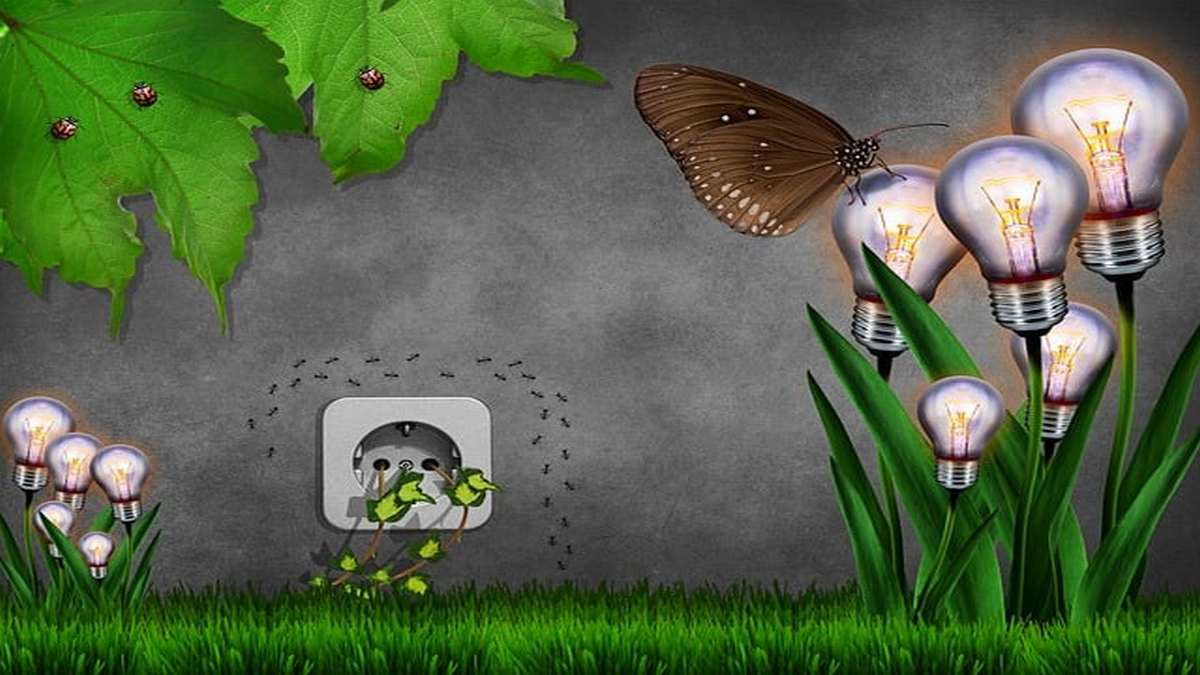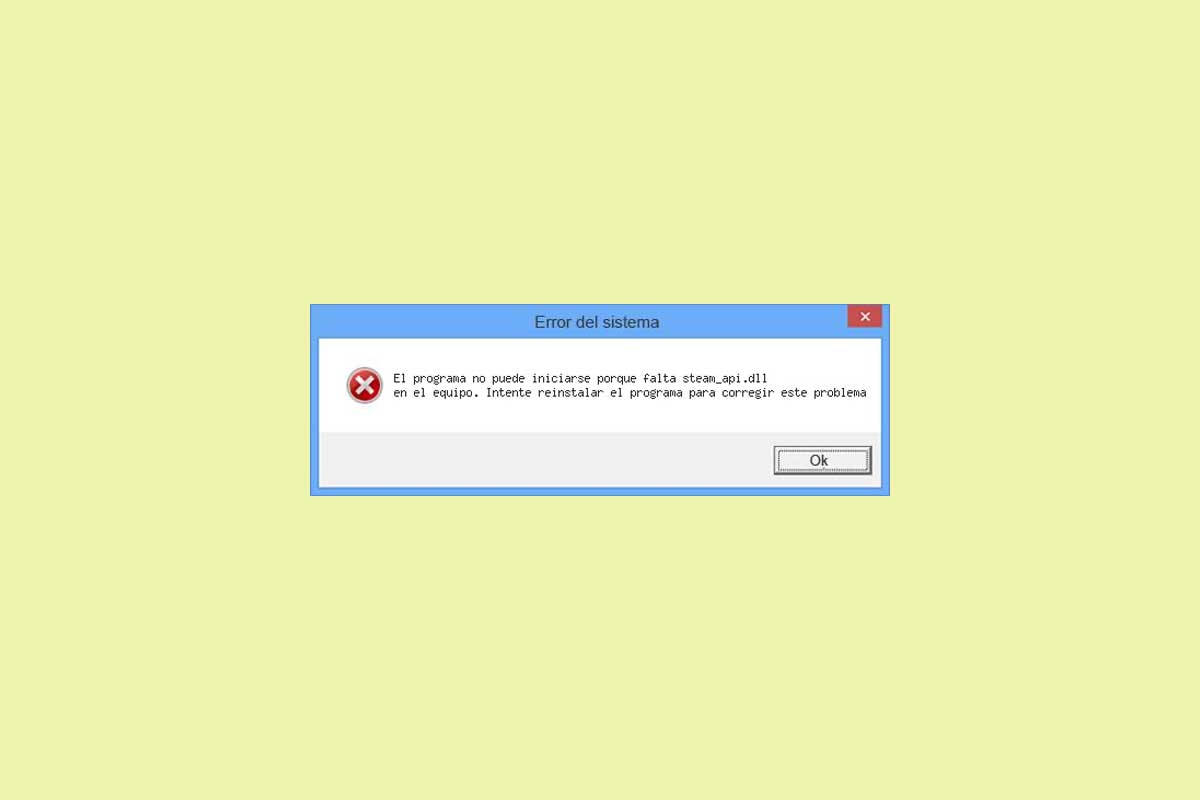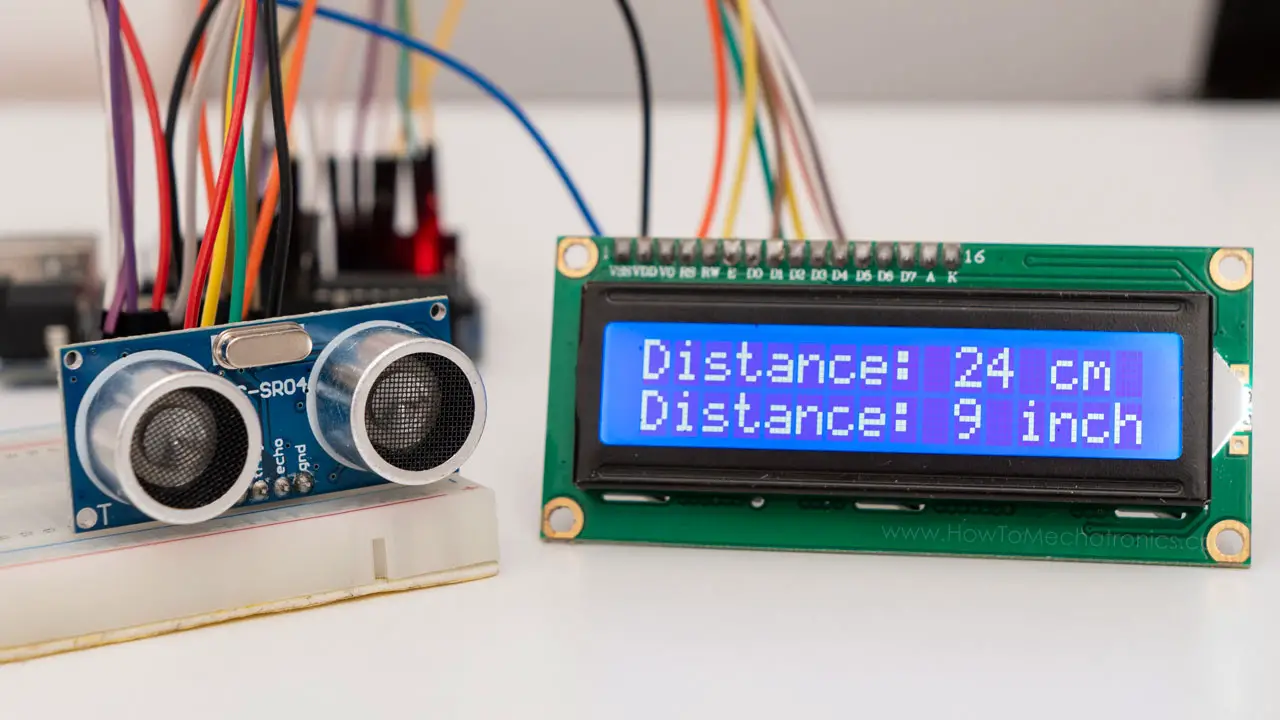
Introduction
In today’s world, where energy consumption is increasing rapidly, it has become essential for both homeowners and businesses to focus on energy efficiency. By adopting energy-saving practices, individuals and organizations can reduce their environmental impact, save on energy costs, and ultimately, have more money in their pockets. In this article, we will explore nine practical tips that homeowners and businesses can implement to make their properties more energy-efficient.
Conduct a Home/Business Energy Audit
One of the first steps towards improving energy efficiency is to conduct a comprehensive energy audit. An energy audit helps identify areas where energy is being wasted and provides insights into potential energy-saving measures. You can hire a professional or perform a DIY energy audit by following these simple steps:
- Begin by inspecting your property for air leaks, inefficient insulation, and other energy loss sources.
- Use a thermal imaging camera or a smoke pencil to identify areas with significant temperature variations.
- Analyze your energy bills and compare them to your receipts to understand patterns and identify areas of high energy consumption.
- Consider investing in an energy monitoring system to track your energy usage in real-time.
Upgrade to Energy-Efficient Lighting
Lighting represents a significant portion of a property’s energy consumption. By upgrading to energy-efficient lighting options, such as LED bulbs, you can achieve substantial energy savings. LED bulbs consume significantly less energy than traditional incandescent bulbs and have a longer lifespan. Additionally, consider installing motion sensors and dimmers to further optimize lighting usage.
Optimize Heating and Cooling Systems
Heating and cooling systems are major contributors to energy consumption. To maximize energy efficiency in this area, it is crucial to properly maintain and upgrade these systems. Regularly clean or replace air filters, seal any duct leaks, and schedule professional maintenance at least once a year. Installing programmable thermostats can also significantly reduce energy waste by automatically adjusting temperature settings based on occupancy and preferences. Furthermore, proper insulation and weather sealing can prevent heat transfer, ensuring that your property stays comfortable without excessive energy usage.
Invest in Energy-Efficient Appliances
Appliances account for a substantial portion of energy consumption in homes and businesses. When purchasing new appliances, opt for those with high energy-efficiency ratings and check for ENERGY STAR labels. These labels indicate that the appliance meets or exceeds strict energy efficiency guidelines. Additionally, remember to unplug or switch off appliances when they are not in use to avoid standby power consumption, which can impact both your energy bills and paystubs.
Seal Air Leaks
Air leaks can significantly impact energy efficiency by allowing conditioned air to escape and outside air to enter. Inspect your property for common air leakage points such as windows, doors, and utility openings. Seal any gaps or cracks using weatherstripping, caulking, or insulation. By eliminating air leaks, you can improve the efficiency of your heating and cooling systems, reducing energy waste and lowering utility bills. It’s a simple step that can make a difference in your energy consumption and reflect positively on your income.
Insulate Your Home or Business
Proper insulation is crucial for maintaining a comfortable indoor environment and minimizing energy loss. Insulate your walls, floors, and attic to prevent heat transfer. Consider using insulation materials with high R-values for optimal efficiency. Additionally, insulating water pipes and hot water tanks can minimize heat loss, allowing for more energy-efficient operation. Taking care of insulation in your property will have a positive impact on your energy bills and income.
Utilize Smart Power Strips
Many devices continue to draw power even when not in use, contributing to what is known as vampire power or standby power consumption. Smart power strips can help combat this issue by cutting off power to devices when they are not actively being used. These power strips can be programmed to turn off power to connected devices automatically or manually. By utilizing smart power strips, you can eliminate unnecessary energy usage and reduce your electricity bill, leading to a positive impact on your income.
Implement Energy-Efficient Landscaping
Believe it or not, landscaping can play a role in energy conservation. Strategically placing trees, shrubs, and vines around your property can provide natural shade during hot summers, reducing the need for excessive air conditioning. Similarly, well-designed landscaping can act as a windbreak, shielding your property from cold winds during winters. Additionally, choose native plants that require less water and maintenance, leading to further energy and resource savings. Implementing energy-efficient landscaping practices can not only enhance the aesthetics of your property but also positively impact your energy bills and income.
Monitor and Track Energy Usage
To effectively manage your energy consumption, it’s important to monitor and track your energy usage. Several tools and methods are available to help you understand your energy patterns and identify areas for improvement. Smart energy monitors provide real-time information on energy usage, allowing you to make informed decisions and adjust your behavior accordingly. Some utility companies also offer energy usage reports and online portals to track your energy consumption. By staying aware of your energy usage, you can actively take steps to reduce it, leading to long-term savings on your energy bills and positively affecting your income.
Conclusion
By implementing these nine energy-efficient tips, homeowners and businesses can make significant strides in reducing their energy consumption and contributing to a more sustainable future. Conducting energy audits, upgrading lighting and appliances, optimizing heating and cooling systems, sealing air leaks, insulating properties, utilizing smart power strips, implementing energy-efficient landscaping, and monitoring energy usage are all impactful actions that can lead to substantial energy savings. By incorporating these practices into your daily life, not only will you be saving power and reducing your environmental footprint, but you’ll also be saving money on your energy bills, which is reflected in your income.
FAQs (Frequently Asked Questions)
- How long does it take to conduct an energy audit?
The duration of an energy audit depends on the size of the property and the complexity of the systems. On average, a comprehensive energy audit can take a few hours to a full day.
- Are energy-efficient appliances more expensive?
While energy-efficient appliances may have a slightly higher upfront cost, they offer significant long-term savings on energy bills, making them a worthwhile investment that can positively impact your income.
- Can energy-efficient landscaping really make a difference?
Yes, energy-efficient landscaping can significantly impact energy consumption. By strategically placing trees and plants, you can provide natural shade and wind protection, leading to reduced energy usage and lower energy bills, which can positively affect your income.
- Are there any incentives for implementing energy-efficient practices?
Many governments, utility companies, and organizations offer incentives, rebates, or tax credits for adopting energy-efficient practices. These incentives can help offset the initial costs of upgrades and make energy efficiency more accessible and affordable, leading to long-term savings reflected in your income.
- How can I track my energy usage effectively?
There are several options available to track energy usage. You can use smart energy monitors, which provide real-time data and insights. Additionally, some utility companies offer online portals or mobile apps that allow you to monitor your energy consumption and receive detailed reports. These tools can help you understand your energy consumption patterns, identify areas of high usage, and make informed decisions on how to reduce energy waste and optimize your usage, ultimately leading to savings on your energy bills and positively impacting your income.
Remember, energy efficiency is not only beneficial for your wallet but also for the environment. By implementing these tips and making conscious choices to save power, you are contributing to a more sustainable future. Small changes in your daily habits and investments in energy-efficient technologies and practices can go a long way in reducing your energy consumption and making a positive impact on your income.
So, start implementing these energy-saving measures today and reap the benefits of a more efficient and cost-effective home or business. Together, we can make a significant difference in conserving energy, reducing greenhouse gas emissions, and building a greener future for generations to come.



